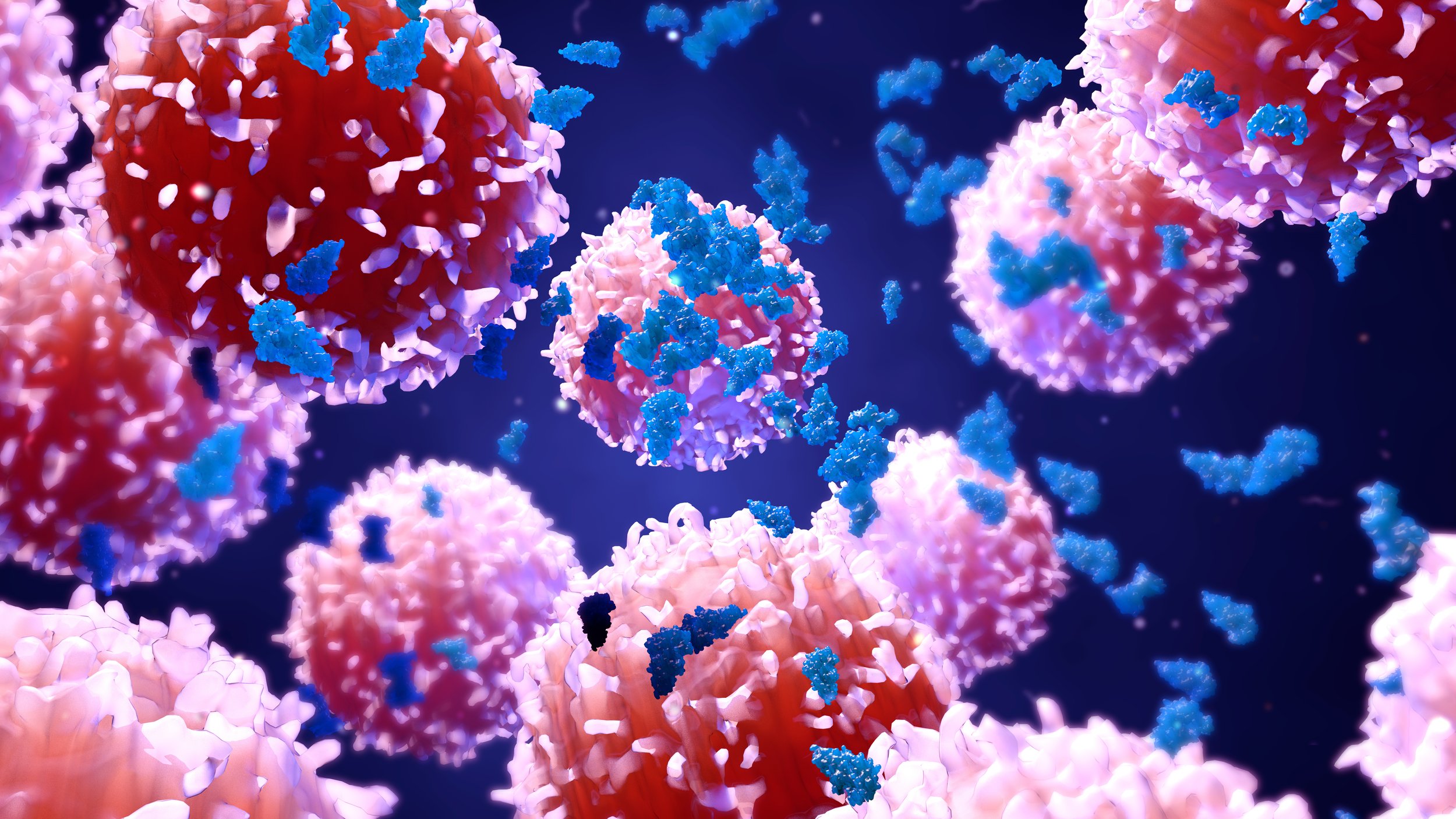
T cells in Food Allergy
Allergies are caused by cells of the immune system recognizing and reacting to proteins in food as dangerous. CD4+ T cells , also known as helper cells, produce cytokines that help B cells make antibodies like IgE that mediates immediate allergic reactions like those seen in peanut allergy. CD4+ T cells also make cytokines that can support the growth of basophils, mast cells, and eosinophils, cells that also play a role in allergic reactions. We are interested in how CD4+ T cells play a role in different kinds of food allergy, from immediate IgE-mediated allergy to eosinophilic esophagitis (EoE) to food protein induced enterocolitis syndrome (FPIES). We study cells in the blood and tissues of human volunteers with these diseases to understand how T cells contribute to disease. This is important to developing new immunotherapies for the treatment of these diseases.
